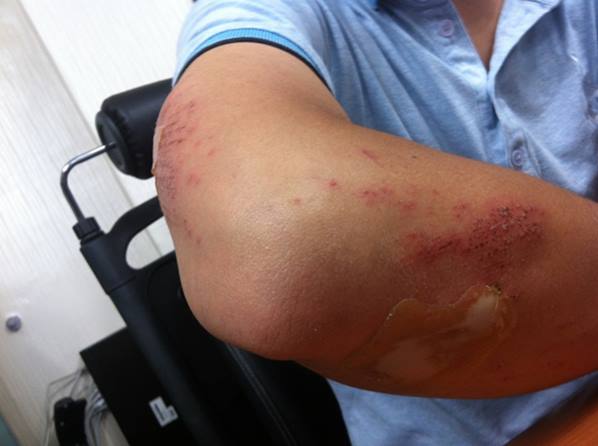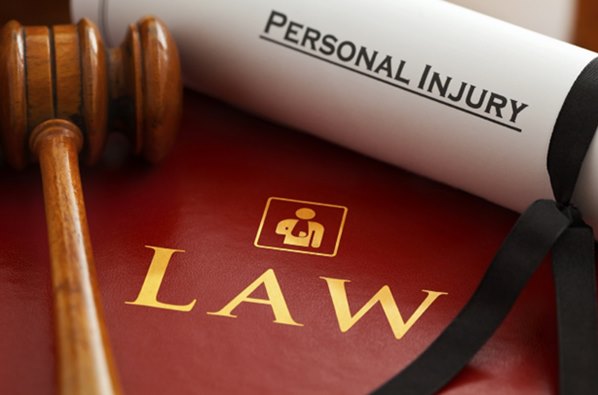
Accidents can be overwhelming and disorienting, but knowing the right steps to take immediately can make all the difference. This guide is going to walk you through essential actions to protect your safety, secure help, and gather necessary information. Stay calm and prepared to handle any unforeseen incident with confidence and clarity.
Get Medical Attention
Seeking medical attention after an accident is crucial, even if you feel fine initially. Some injuries, like internal bleeding or concussions, may not show immediate symptoms but can be life-threatening if untreated. Receiving prompt medical care ensures that any hidden injuries are diagnosed and managed effectively, preventing complications later on.
To get medical attention, call emergency services immediately or ask someone nearby to do so. If you are in a condition to drive, head to the nearest hospital or urgent care facility. Experienced accident attorneys will suggest you make sure to document your injuries and any treatments received, as this information will be essential for any insurance claims or legal actions. Prompt medical intervention not only safeguards your health but also provides a record of your injuries, aiding your recovery and any subsequent proceedings.
Call the Authorities
Calling the authorities after an accident is vital for several reasons. First, it ensures that professional help arrives quickly to manage the scene, offer medical assistance, and ensure the safety of all involved. Second, authorities will document the incident, creating an official report that can be crucial for insurance claims and any legal proceedings. This report includes details like the time, location, parties involved, and witness statements.
Dial your local emergency number (911 in the U.S.) and provide clear information about the accident’s location, nature, and the number of people involved. Stay on the line until the dispatcher confirms help is on the way, and follow any instructions given. This prompt action ensures that the incident is handled properly and legally documented.
Exchange Information
After these traumatic events, it’s important that you step up and ask the other parties involved to exchange information. This way, all parties have a record of each other’s contact and insurance information. Here are some things you’ll need to get from them:
- Personal information
- Driver’s license information
- Vehicle info
- Insurance information
- Accident details
- Details of other parties
- Witness information
- Police report
- Law enforcement officer badge number
Exchanging information can communicate effectively for insurance claims and legal matters. Gathering details such as personal, vehicle, and insurance information facilitates a transparent process for compensation and accountability. Additionally, witness contacts and police reports provide essential evidence to support your case. This exchange mitigates misunderstandings and supports a smooth resolution to the incident.
Document the Scene
Documenting the scene of an accident is crucial for preserving evidence that may be pivotal in insurance claims and legal disputes. By capturing photos and videos of the vehicles involved, damage sustained, road conditions, and any visible injuries, you create a visual record that can support your account of the incident.
Additionally, jot down notes detailing the sequence of events leading to the accident, weather conditions, and any contributing factors. If possible, gather contact information from any witnesses, as their testimonies can strengthen your case. This thorough documentation helps ensure a fair assessment by insurance companies and can be invaluable if legal action becomes necessary, ultimately aiding in a more accurate resolution of the incident.
Hire a Lawyer
A lawyer provides expert guidance through the legal complexities, helping you understand your rights and options. An experienced attorney can negotiate with insurance companies to ensure you receive fair compensation for damages and injuries and can represent you in court if necessary.
To choose a competent lawyer, look for someone specializing in personal injury law with a proven track record of success in similar cases. Check their credentials, read client reviews, and schedule a consultation to discuss your case and gauge their expertise and compatibility. Hiring the right lawyer ensures you have professional support, improving your chances of a favorable outcome.

Notify Your Insurance Company
This is crucial to initiate the claims process and ensure coverage for damages and injuries. Immediate communication helps prevent delays or misunderstandings in your claim, paving the way for a smoother resolution. When contacting your insurance provider, supply all pertinent details, such as the date, time, location of the accident, and the other party’s information.
Provide the insurance representative with the police report number and any documentation or photographs you have gathered. Be honest and clear in your description of the incident to facilitate an accurate assessment of your claim. Engaging in timely and thorough communication with your insurance company not only expedites the claims process but also secures your rights and entitlements under your policy.
Following these steps helps ensure you’re well-prepared for any accident scenario. By staying calm, seeking medical help, contacting authorities, exchanging information, documenting the scene, hiring a lawyer, and promptly notifying your insurance company, you protect your health and legal interests. Stay informed and proactive to handle unforeseen incidents with confidence and clarity.




